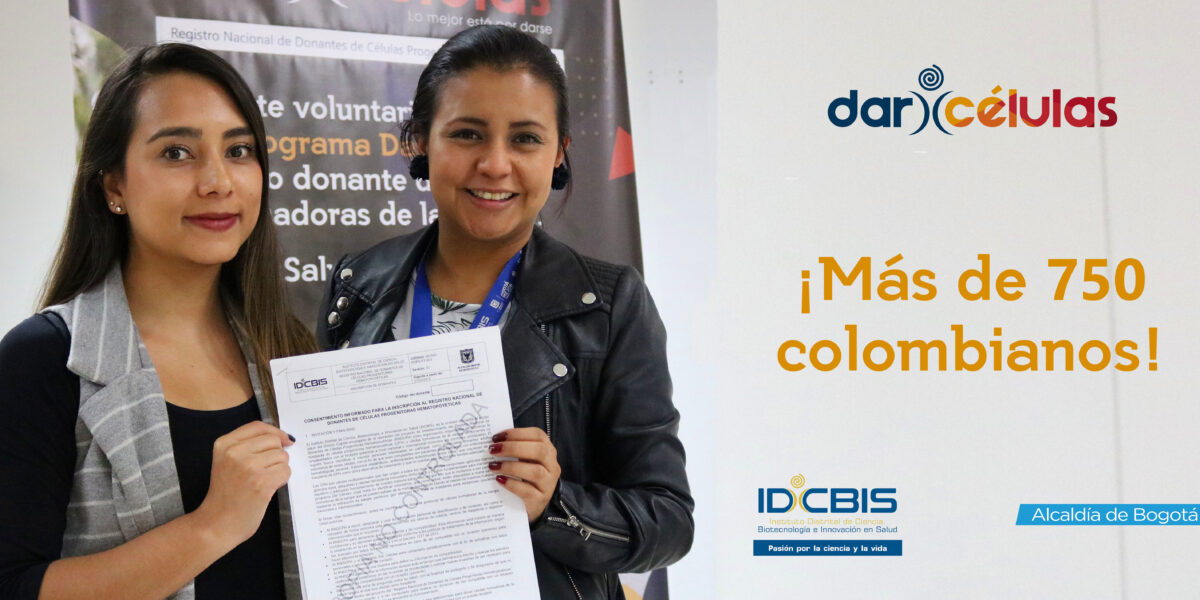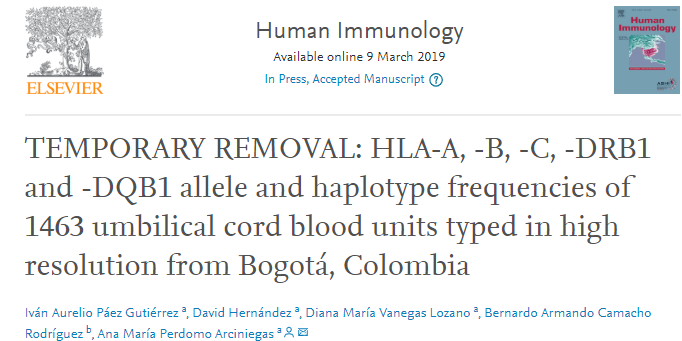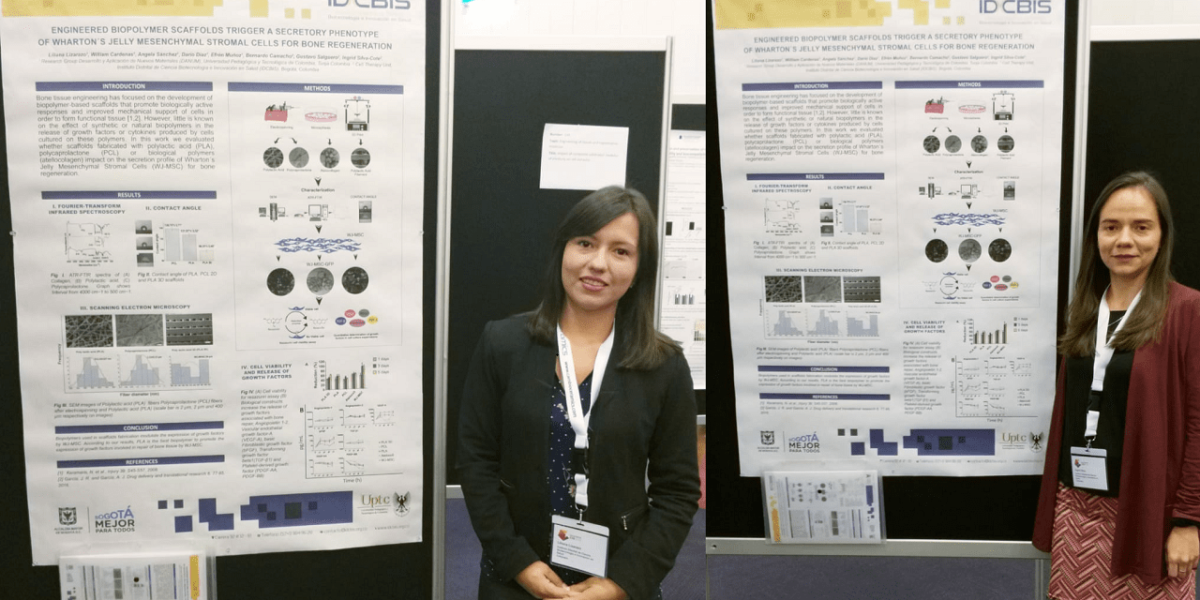The meeting was held on December 9 and brought together the experiences of international donors and the expectations of potential donors to the Colombian program (DarCélulas).
Diciembre, 2021. DarCélulas is a research project executed by the District Institute of Science, Biotechnology and Innovation in Health (IDCBIS) with funding from the Science, Technology and Innovation Fund of the General System of Royalties and the District Administration of Bogota.
The purpose of the project is to create the first large database of blood-forming cell donors (also called stem cells), a registry of people willing to save the lives of people who do not know and have diseases such as leukemia.
Registries today exist in many countries around the world such as Japan and the United States; and in Latin America in Mexico, Argentina and Chile, among others. While in Colombia, the creation of the first registry was given in 2019 and with it, the realization of an annual event in which the updated information of the program is shared to the community of registered donors.
The first loyalty event was face-to-face at the Konrad Lorenz University in 2019, where the first balance and perspectives were presented. The 2020 event was virtual and was held with the slogan "compatible with life", in this version it was reported that the program would open its doors to other cities, in addition to Bogota, and experiences of international records were shown.
In the 2021 version, held on December 9, the protagonists were the potential donors who have registered in Colombia, who were the guests of honor at the event; on the other hand, an international story of a donor and a patient who were connected through a donation and were able to meet each other was shown. In addition, the expectations of potential donors who have registered in Bogota, Medellin, Cali and Barranquilla were made known.
At present, the program has surpassed the 3,000 people registered and more than 15,000 pre-registered.

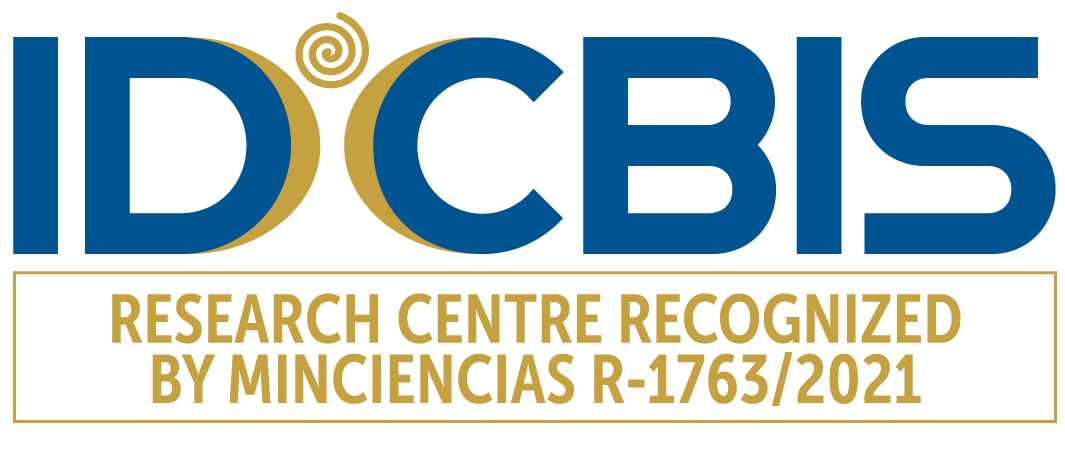


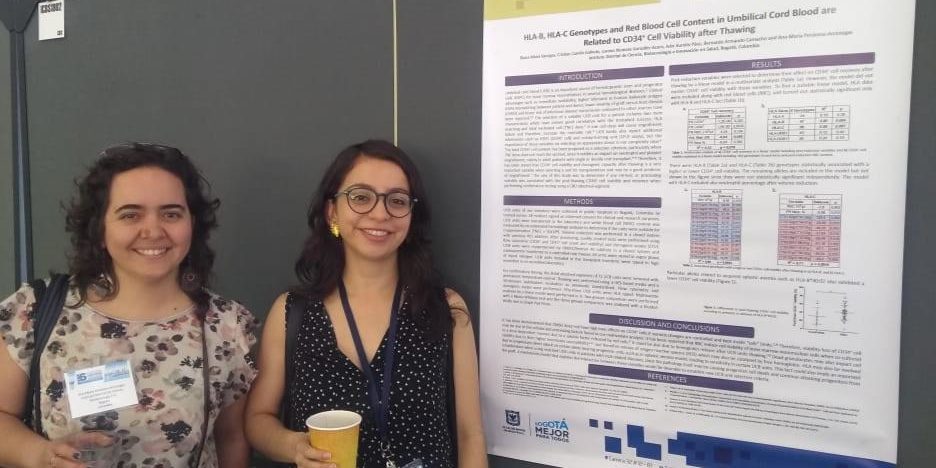
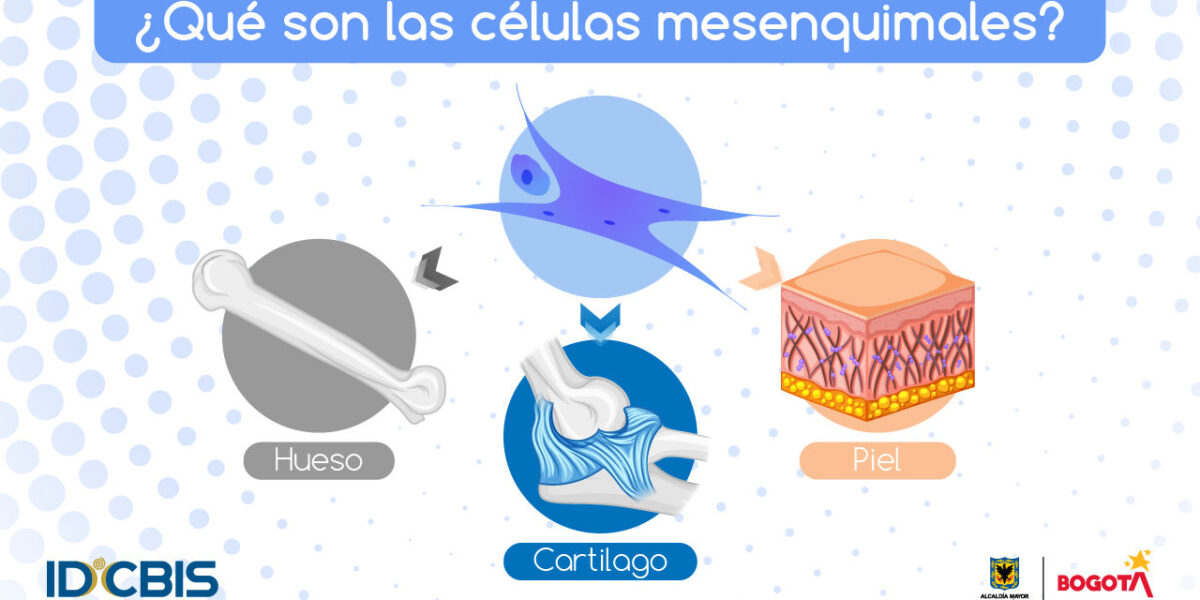

 These cells multiply and grow, they also develop and specialize. While some generate bone tissue, others can produce muscle or cartilage tissue. We can compare their development to that of a community of people where individuals multiply and grow, but specialize in a function to contribute to the community, while some become engineers, others become sociologists or doctors, etc.
These cells multiply and grow, they also develop and specialize. While some generate bone tissue, others can produce muscle or cartilage tissue. We can compare their development to that of a community of people where individuals multiply and grow, but specialize in a function to contribute to the community, while some become engineers, others become sociologists or doctors, etc.
